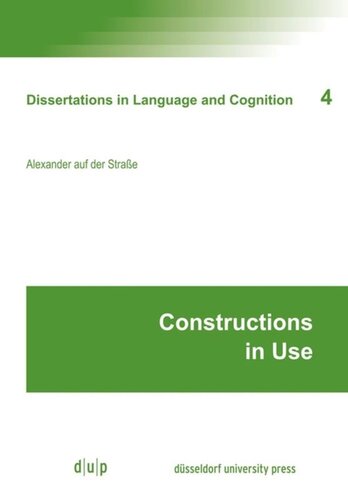

Most ebook files are in PDF format, so you can easily read them using various software such as Foxit Reader or directly on the Google Chrome browser.
Some ebook files are released by publishers in other formats such as .awz, .mobi, .epub, .fb2, etc. You may need to install specific software to read these formats on mobile/PC, such as Calibre.
Please read the tutorial at this link: https://ebookbell.com/faq
We offer FREE conversion to the popular formats you request; however, this may take some time. Therefore, right after payment, please email us, and we will try to provide the service as quickly as possible.
For some exceptional file formats or broken links (if any), please refrain from opening any disputes. Instead, email us first, and we will try to assist within a maximum of 6 hours.
EbookBell Team

4.8
34 reviewsSemantics is one of the core disciplines of philosophy of language. There are basically two strands of established theories: use-based and truth-conditional, with the latter being the dominant variety. This dominance has been questioned recently by linguists who embrace a research paradigm that is known as construction grammar. As construction grammar is use-based, it seems natural to suppose that its success is indirect support for use-based semantics in philosophy. This is true. But there's still a lot to do. Although there are use-based theories that fit quite well with current research in linguistics, they are far from being perfect. In particular, the most popular theory in that area is still tied to some of the main motivations behind truth-conditional semantics. ‘Constructions in Use’ offers an alternative by proposing to let this legacy go. Instead, it argues that philosophical semantics is best off if it goes for an entirely use-based theory.